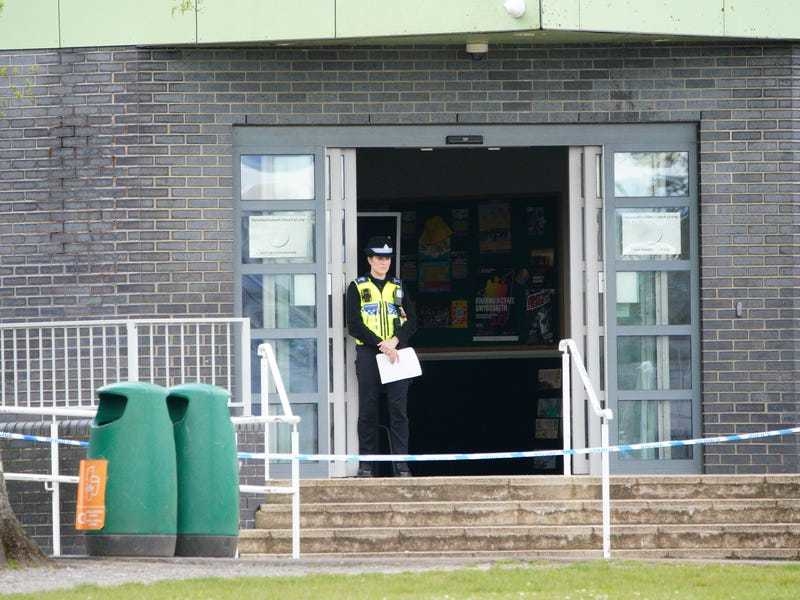Deputy Bailiff Robert MacRae took the unusual step of adding a postscript to a judgment – which upheld an appeal against a tribunal judgment – to raise the issue of whether, in some circumstances, the identity of parties should be protected.
He made the comments in a case in which an employer, Chenny Aouane of Jersey Gems, was penalised by the tribunal unaware when it sat that a claim for unpaid wages had already been paid to the satisfaction of the former employee, Cheyenne McMurray.
Because the employer, believing the matter to have been resolved, did not respond to the claim form, the tribunal increased the employee’s claim for unpaid wages of £565.76 to an award of £3,555.80, including damages and compensation for failing to provide pay statements and employment terms.
Imposing the penalties, tribunal deputy chairman Advocate Ian Jones had explained that he decided to award the maximum amount because, where an employer failed to discharge their statutory obligations, ‘there was no reason to exercise discretion other than in favour of the disenfranchised employee’.
But Mr MacRae, sitting alone to determine whether the tribunal had made an error in its interpretation of the law, set aside the judgment because he said the employer had ‘not merely a reasonably arguable defence, but in fact a complete defence to many of the awards made against her’.
He added: ‘I do think some consideration needs to be given as to whether or not all decisions of the tribunal need to be published and, if they do, the extent to which, if at all, they can or ought to be anonymised.
‘Jersey is a small jurisdiction and judgments, now that they are widely publicised, remain easily accessible for protracted periods after publication and, indeed, may be available indefinitely.
‘In cases such as this, where both parties have acted in good faith and no adverse findings have been made in respect of either, some consideration ought to be given as to the public interest in identifying both parties – one, an employer in a very small business and, another, a young woman starting out on her career, or to circumstances where no findings are made or unfounded allegations are advanced of a nature where it would be unnecessary or inappropriate to identify the parties,’ Mr MacRae said.
He concluded his judgment by inviting tribunals and courts considering similar cases to give consideration to the matter, even though he acknowledged that the point had not been argued in this case.
‘I understand that in the early days of the tribunal’s existence it was thought appropriate to publish some or all of the tribunal’s decisions in order to establish a significant body of case law. That has now been achieved and, indeed, any points of law which arise from a particular decision can, in any event, be reported with the facts, so far as relevant suitably redacted. In the event, as I have said, this is a matter upon which I did not make a ruling but, in my view, requires some further thought,’ Mr MacRae said.






